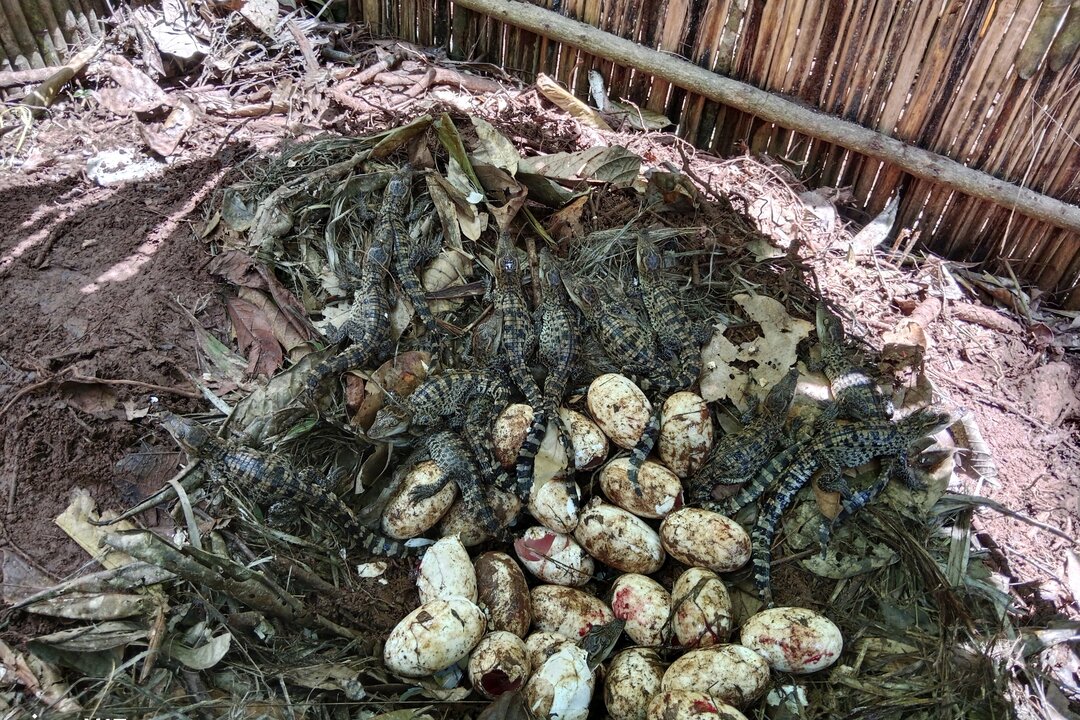A ruling by the Seoul Central District Court has cleared the way for former President Yoon Suk-yeol to avoid criminal charges amid ongoing investigations.
In a significant ruling, the Seoul Central District Court has rejected a request for an arrest warrant for former South Korean President Yoon Suk-yeol.
The court's decision comes as Yoon faces allegations related to corruption, including accusations of receiving illegal political funds and abuse of power during his presidency from May 2022 to May 2023.
The warrant was sought by the prosecution, which argued that Yoon could destroy evidence or flee if not detained.
However, the court found insufficient evidence to justify the arrest, citing that the prosecution had not produced compelling reasons to support its case.
This decision allows Yoon to remain free as investigations continue.
Prosecutors have been under pressure to substantiate the allegations against Yoon, who has denied all wrongdoing and contended that the charges are politically motivated.
The backlash from supporters and political allies has also intensified, as Yoon's administration has grappled with declining approval ratings and internal party divisions.
Legal experts highlight that this ruling could set a precedent for how allegations against current and former officials are pursued in South Korea.
The nation's legal framework has been navigating heightened political tensions and increasing scrutiny on corruption among its leaders.
The rejection of the arrest warrant marks a pivotal moment within the broader context of South Korean politics, characterized by past controversies involving former officials, including impeachments and legal battles, which have raised public concerns about governance and accountability.
As investigations progress, the ramifications of this decision are expected to unfold within the political landscape of South Korea, which remains divided along partisan lines amid ongoing debates about transparency and integrity in governmental affairs.
The court's decision comes as Yoon faces allegations related to corruption, including accusations of receiving illegal political funds and abuse of power during his presidency from May 2022 to May 2023.
The warrant was sought by the prosecution, which argued that Yoon could destroy evidence or flee if not detained.
However, the court found insufficient evidence to justify the arrest, citing that the prosecution had not produced compelling reasons to support its case.
This decision allows Yoon to remain free as investigations continue.
Prosecutors have been under pressure to substantiate the allegations against Yoon, who has denied all wrongdoing and contended that the charges are politically motivated.
The backlash from supporters and political allies has also intensified, as Yoon's administration has grappled with declining approval ratings and internal party divisions.
Legal experts highlight that this ruling could set a precedent for how allegations against current and former officials are pursued in South Korea.
The nation's legal framework has been navigating heightened political tensions and increasing scrutiny on corruption among its leaders.
The rejection of the arrest warrant marks a pivotal moment within the broader context of South Korean politics, characterized by past controversies involving former officials, including impeachments and legal battles, which have raised public concerns about governance and accountability.
As investigations progress, the ramifications of this decision are expected to unfold within the political landscape of South Korea, which remains divided along partisan lines amid ongoing debates about transparency and integrity in governmental affairs.







































